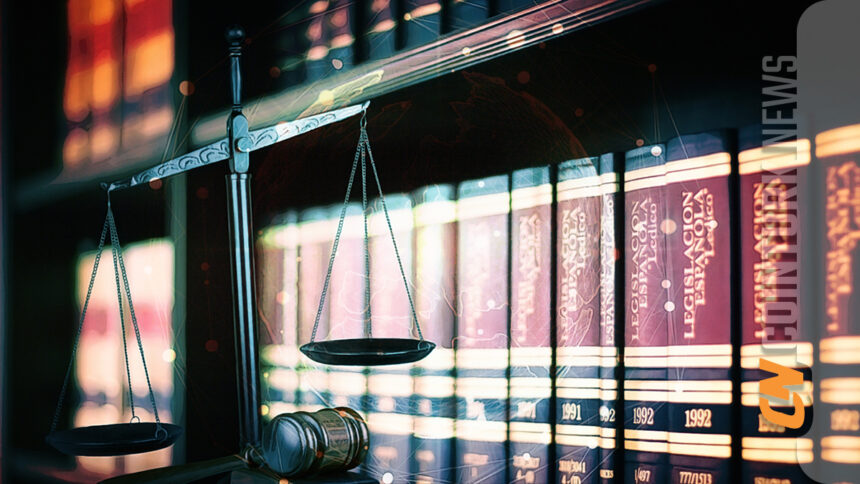Robinhood CEO Vlad Tenev, during 16 meetings with the US Securities and Exchange Commission (SEC), explained the fintech company’s efforts to register as a special broker-dealer supporting crypto assets. These meetings occurred before receiving a Wells Notice from the regulator.
Constructive Communications Established with the SEC
Speaking on CNBC’s “Last Call” program, Tenev mentioned that the stock trading platforms communicated in good faith with the SEC, adding:
“I think we met with them 16 times and unfortunately, we did not receive the response we wanted.”
The Robinhood CEO also noted that the regulatory body “did not want to continue discussing this matter and could not see a way forward,” emphasizing the difficulty in understanding the SEC’s decision.

Tenev’s assessment of the SEC aligns with the testimony given last year by Dan Gallagher, Director of Legal, Compliance, and Corporate Relations at Robinhood Markets. Last year, it was also stated that the company had held “over a dozen meetings and discussions” with the regulatory body over a year and a half to discuss its crypto business and listing process.
Wells Notice Received Last Week
Last week, Robinhood announced that Robinhood Crypto, its division related to cryptocurrencies, received a Wells Notice from the SEC, indicating that the regulator was considering civil enforcement action or proceedings related to the firm’s activities.
This development parallels the SEC’s increased regulatory warnings to US-based crypto companies. Recently, the SEC has issued Wells Notices to Ethereum software giant Consensys and decentralized exchange (DEX) developer Uniswap Labs, indicating increased regulatory pressure in the sector.
We Must Defend Ourselves and Our Customers
In an interview with CNBC Last Call, Tenev explained that although the SEC has the authority to permit brokers to host crypto assets, it prefers to regulate through enforcement rather than changing regulations.
Tenev expressed their determination to defend themselves and their customers with the following words:
“We did not want to be in this situation, but we must defend ourselves and our customers. Crypto assets are becoming increasingly important, and blocking Americans’ access to these assets is unacceptable for us.”









